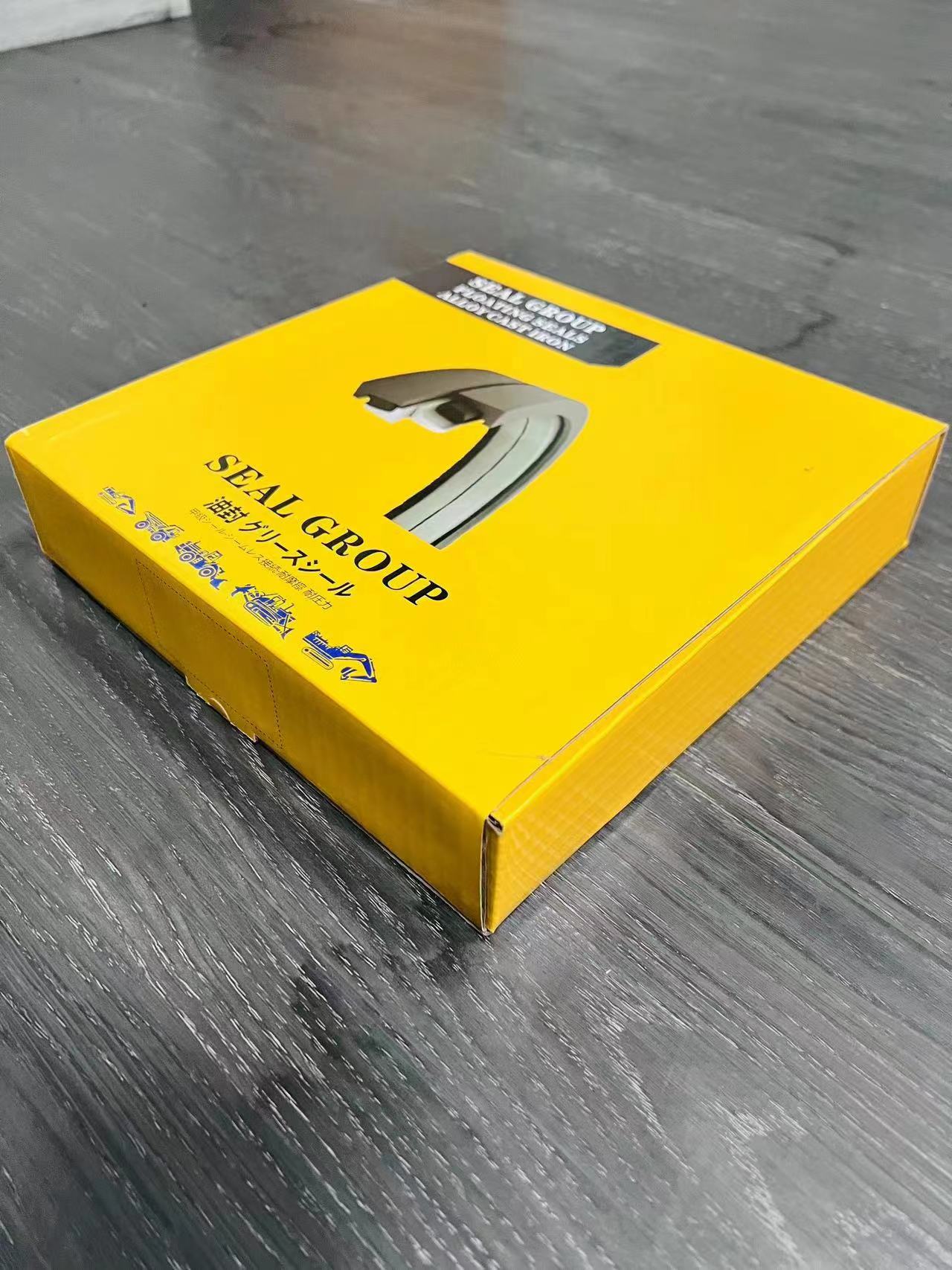There are kinds of floating seals on the market. How to choose a floating oil seal suitable for your equipment is an essential and fundamental skill that you must learn. The following is a convenient description of how to select a floating oil seal. On the one hand, it is suitable for the equipment. From the perspective of use, on the other hand, we will talk about how to choose high-quality seal products. You will have a comprehensive understanding of the floating oil seal options, which will help you select the best floating oil seal. Please read this article before deciding on a floating oil seal.
1. Choose the Proper Floating Oil Seal Suitable for Your Equipment
1.1 Dimensions
Select the shaft diameter of the oil seal based on the size of the shaft, requiring the shaft diameter to be slightly smaller than the inner diameter of the oil seal to ensure sealing performance.
1.2 Seal housing
According to the shaft size and working pressure, select the appropriate oil seal housing material. Oil seal housings made of metal and engineering plastics are usually used.
1.3 Materials
Select the appropriate sealing material according to the properties of the liquid. Generally, there are various materials to choose from, such as rubber, polyurethane, and polytetrafluoroethylene.
1.4 Shape
Choose the appropriate crown structure according to the working conditions. Common ones include flat, centre cushion, corrugated, etc.
1.5 Working conditions
When selecting a floating oil seal, careful considerations need to be made based on the specific use occasion and working conditions, such as temperature, oil quality, speed, hydraulic pressure and other factors.

2. How to Choose A Good Quality Floating Oil Seal
In addition, if you don’t know how to find high-quality floating oil seal products and suppliers, please read this article first to help you choose when you are looking for floating oil seal suppliers. Here are 3 suggestions for your reference:
2.1 Production process
Try to find rings produced by casting instead of rings made by forging. The forged ring body is not wear-resistant and is relatively brittle. If it is used in essential locations, such as underground locations and coal mines, the service life is relatively short. It must be inspected regularly and replaced if it is not good in time; otherwise, it will be dangerous.
2.2 Steel ring
Also, if the manufacturer does not provide you with the material data of their sealing ring, you can ignore this factory. Whether the ring body is wear-resistant and whether the sealing performance is good or not depends on the material of the sealing ring. For example, coal mining machinery must use high-molybdenum-chromium alloy rings and low-content ferromolybdenum rings should not be selected. The price of molybdenum alloy is over 100,000 to 200,000 yuan per ton. The molybdenum content is low, which can save a lot of costs, so when choosing, you can also ask what the molybdenum content is.
2.3 Elastomer
You can ask the supplier what the rubber content is and whether there is any experimental data to see how they deform and rebound when placed in an oil-temperature environment. The rubber rings all have the same appearance. If you want to know whether they are good or not, you have to look at the rubber content. What is the quantity, and where does the raw rubber material come from? For example, the price of a rubber ring of the same length, same size and same weight can differ several times or even more than ten times. The origin of the rubber, the process used to produce the rubber ring, and the labour costs can vary several times. If you don’t choose a suitable elastomer, no matter how good the sealing ring is, it will be useless and cannot provide reasonable support and protection. So you have to ask the manufacturer about the production process of the floating oil seal, its raw materials and some experimental data. There are also many, many tips for judging the quality of a product, such as hardness, direction of wear patterns, rubber rings, etc.
Floating seals are a widely used sealing technology with the advantages of a stable sealing effect, long operating life, and strong adaptability. Depending on the application scenario and working conditions, there are many types, such as one-way floating seals and two-way floating seals. When selecting a floating seal, you need to consider the working conditions and usage requirements of the equipment. Only by selecting the floating seal that is most suitable for the application working conditions can you take advantage of the floating seal and improve the performance and efficiency of the mechanical equipment.
In short, when choosing a floating oil seal, you need to make a reasonable selection based on the specific application scenario and machine requirements to ensure the continuous and stable operation of the machine.
TYS Seal has more than 23 years of experience in seal technology. We have a professional R&D team and equipment, advanced production technology, high production efficiency, high material utilization, and obvious cost advantages. We strictly follow ISO9001:2015, and the product quality is excellent. Stable and able to provide customers with targeted solutions rather than simply providing products. If you encounter unresolved problems or have any questions about using seals, please click here and feel free to contact our expert team at any time.

